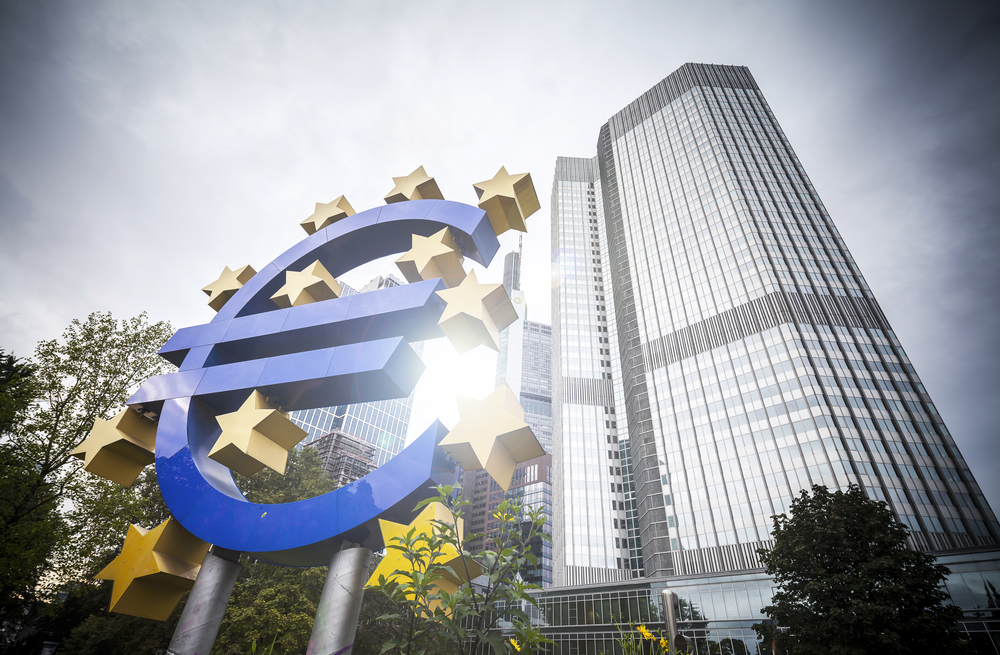The outlook for the financial stability of the eurozone remains “fragile” and financial markets are at risk of “disorder,” the European Central Bank (ECB) warned on Wednesday.
In its latest financial stability review, the ECB acknowledged that “sticky inflation,” “rising global risks,” and recession fears are contributing to market volatility
It highlighted that “tighter financial conditions,” notably the ECB’s decision to raise interest rates to 3.25 percent earlier this month, are “testing the resilience of households, firms, governments and property markets.”
The move to hike rates was intended to bring down inflation, which rose slightly last month to 7 percent, up from 6.9 percent in March; however, the decision is proving to be a difficult balancing act as lending activity has stalled and mortgage rates risk rising further, placing more financial pressure on households and businesses.
“Price stability is crucial for durable financial stability,” said ECB Vice-President Luis de Guindos in the review’s foreword.
“But as we tighten monetary policy to reduce high inflation, this can reveal vulnerabilities in the financial system. It is critical that we monitor such vulnerabilities and fully implement the banking union to keep them in check,” he added.
De Guindos expressed his confidence in the ability of eurozone banks to withstand any minor shocks to the banking sector, explaining that liquidity buffers and stringent regulatory oversight helped to make the EU banking system resilient. However, he also warned that these preventive measures “should not give way to complacency.”
[pp id=43102]
While energy prices have fallen in recent months, reducing pressures on national governments to provide additional financial support, new challenges emerged with demands for new loans, mortgages in particular, declining sharply in the first quarter of the year.
The review found that house price increases across the eurozone have slowed so far this year; however, it warns this could “turn disorderly” if higher mortgage rates have a double-down effect on the real estate market and significantly reduce demand.
“Commercial real estate markets remain in a downturn, facing tighter financing conditions and an uncertain economic outlook, as well as weaker demand following the pandemic,” the review stated. “The ongoing correction could test the resilience of investment funds with interests in the commercial real estate sector.”
The two largest eurozone economies of France and Germany reported promising inflation figures on Wednesday. German inflation dropped from 7.2 percent to 6.1 percent in April, while inflation in France hit a 12-month low of 6 percent, leading the Governor of the Bank of France François Villeroy de Galhau to claim that inflation in the country has probably passed its peak.






